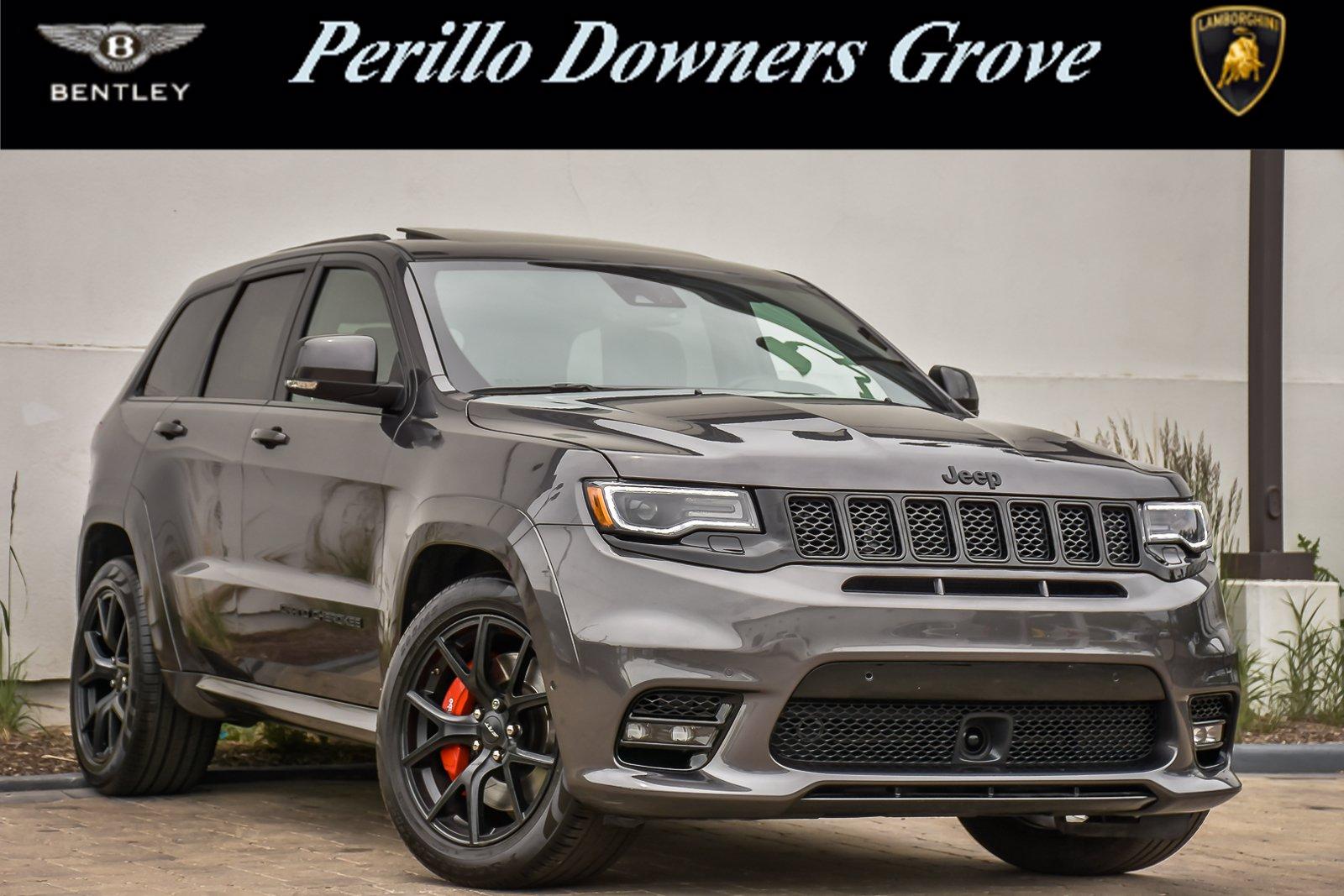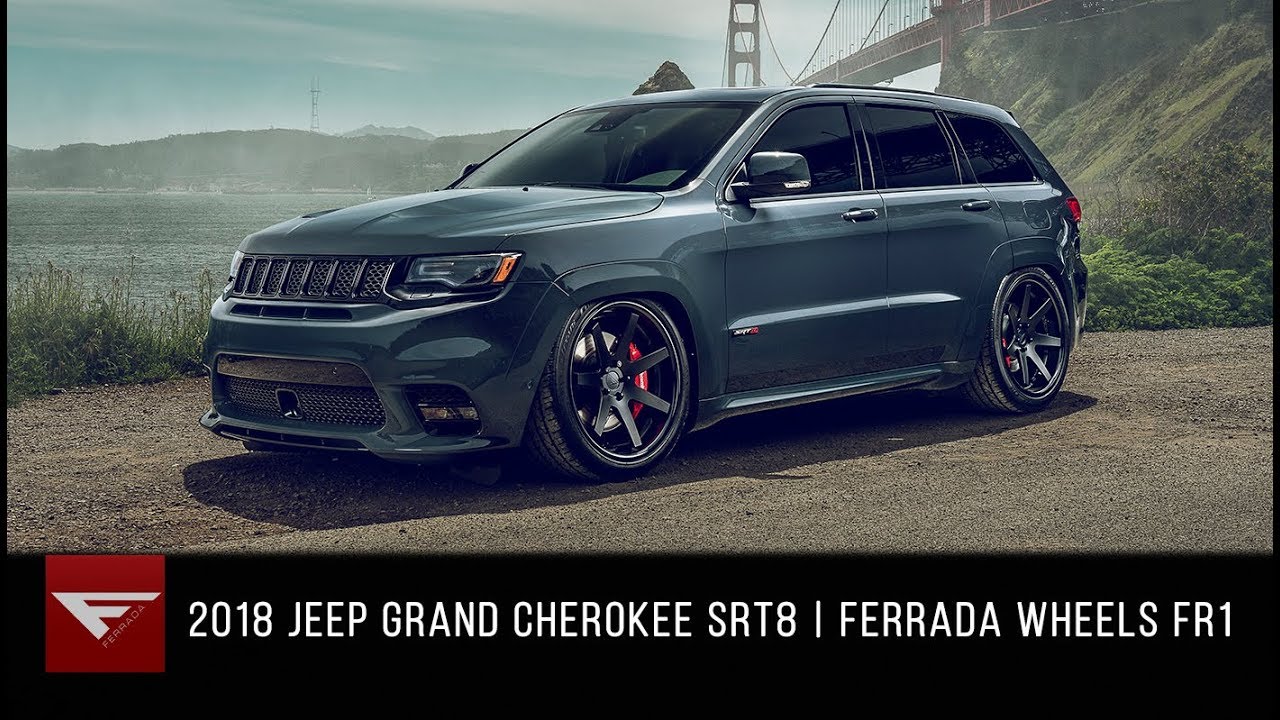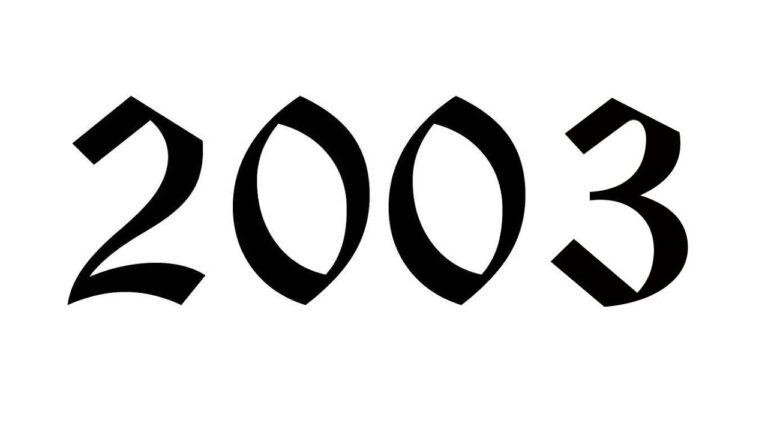Jeep Grand Cherokee Wheels: A Comprehensive Guide
Jeep Grand Cherokee Wheels: A Comprehensive Guide jeeps.truckstrend.com
The Jeep Grand Cherokee is renowned for its blend of rugged capability, luxurious comfort, and sophisticated design. While its powerful engines, advanced suspension, and iconic grille often grab the spotlight, one crucial component plays an indispensable role in its performance, safety, and overall character: its wheels. Far more than mere aesthetic adornments, Jeep Grand Cherokee wheels are engineered components that profoundly impact everything from ride quality and handling to off-road prowess and braking efficiency. Understanding the nuances of these wheels is essential for any Grand Cherokee owner, whether you’re looking to replace a damaged set, upgrade for performance, or simply personalize your beloved SUV.
This comprehensive guide will delve into the multifaceted world of Jeep Grand Cherokee wheels, exploring their critical functions, key specifications, available types, and essential considerations to help you make informed decisions.
Jeep Grand Cherokee Wheels: A Comprehensive Guide
Understanding the Anatomy of a Wheel
Before diving into the specifics of Grand Cherokee wheels, it’s helpful to understand the basic components and terminology. A wheel isn’t just a solid disc; it’s a precisely engineered system:
- Rim: The outer circular edge of the wheel where the tire bead sits.
- Spokes: The connecting elements between the hub and the rim, dictating the wheel’s design and strength.
- Hub: The central part of the wheel that bolts onto the vehicle’s axle hub.
- Bolt Pattern (PCD – Pitch Circle Diameter): The number of lug holes and the diameter of the circle on which they are located (e.g., 5x127mm or 5×5 inches for most modern Grand Cherokees). This is a critical, non-negotiable specification.
- Diameter: The measurement of the wheel from one side of the rim to the other, typically expressed in inches (e.g., 18", 20", 22").
- Width: The measurement of the wheel from one rim flange to the other, also in inches (e.g., 8", 9").
- Offset (ET): The distance from the wheel’s mounting surface to the true center line of the wheel. It determines how far the wheel sticks out or tucks in relative to the fender.
- Center Bore: The hole in the center of the wheel that fits over the vehicle’s hub. It must match precisely for a hub-centric fit.
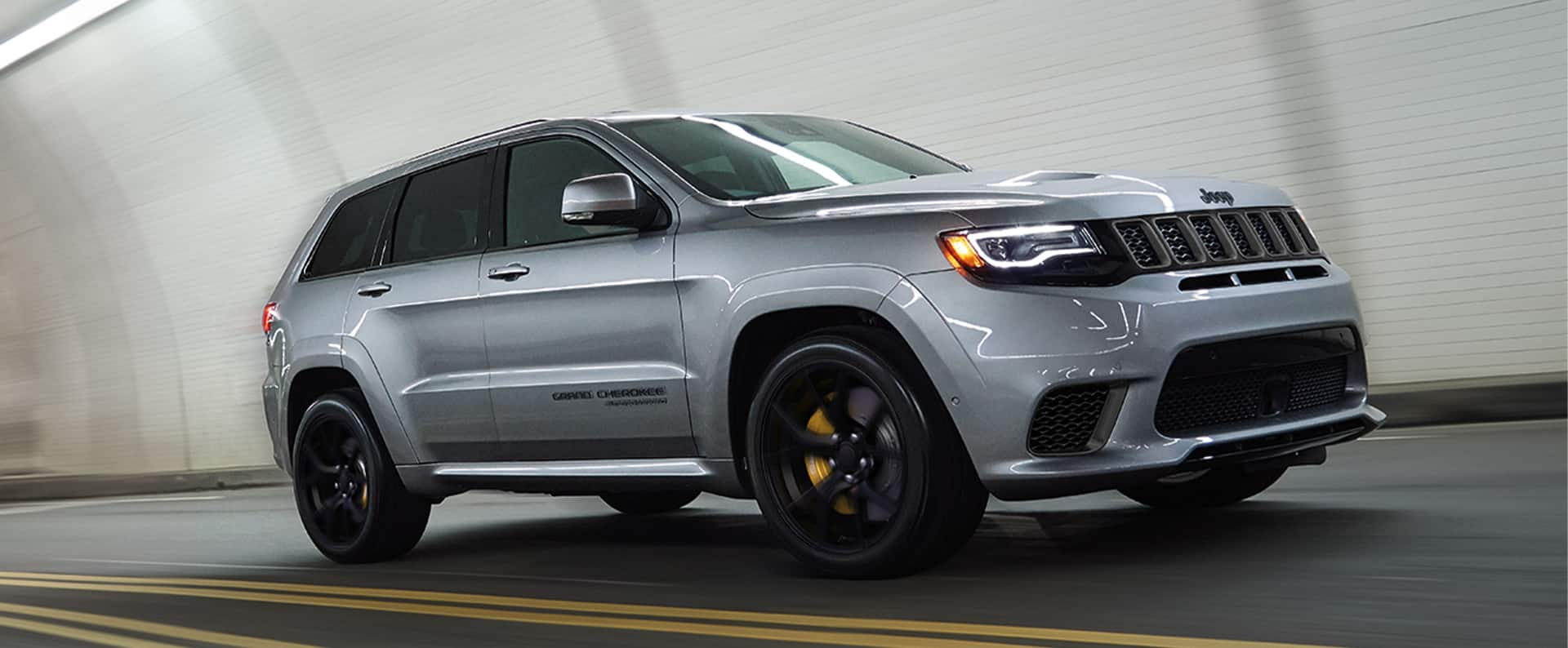
The Critical Role of Wheels in Grand Cherokee Performance

The wheels on your Grand Cherokee are fundamental to its operation, influencing several key aspects:
- Safety: Wheels directly affect braking performance, steering response, and vehicle stability. Properly sized and rated wheels ensure optimal contact with the road, crucial for emergency maneuvers and maintaining control.
- Performance: For off-road enthusiasts, wheel size and offset can impact ground clearance, articulation, and the ability to mount aggressive tires. On-road, lighter wheels can reduce unsprung weight, leading to improved acceleration, braking, and handling.
- Ride Comfort: Larger diameter wheels often require lower-profile tires, which can result in a firmer ride. Conversely, smaller wheels with taller sidewall tires tend to offer a more cushioned experience, particularly over rough terrain.
- Fuel Efficiency: Heavier wheels increase rotational mass, requiring more energy to get moving and stop, which can slightly impact fuel economy.
- Aesthetics: Beyond function, wheels are a significant style statement. They can dramatically alter the vehicle’s appearance, contributing to a sporty, rugged, luxurious, or custom look.
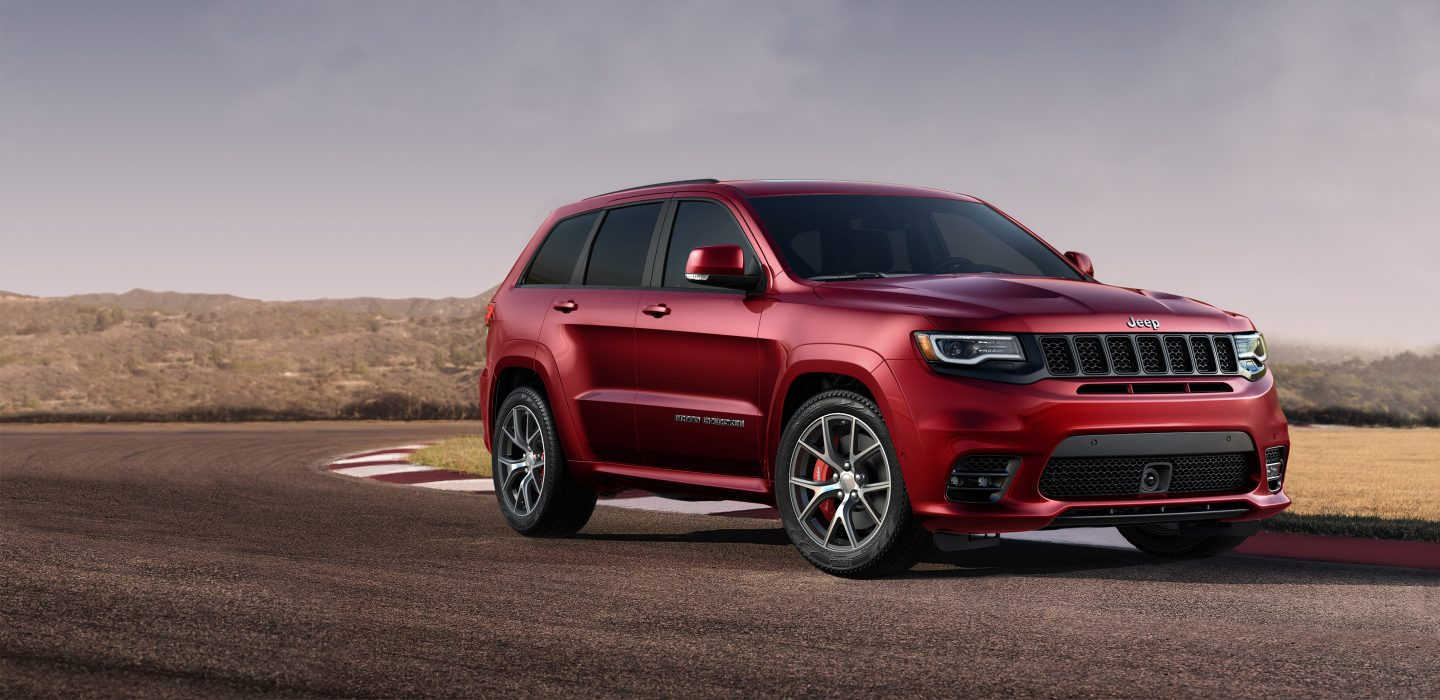
Key Specifications and Considerations for Grand Cherokee Wheels
Choosing the right wheels involves more than just picking a design you like. Several technical specifications must align with your Grand Cherokee’s requirements:
- Diameter: Grand Cherokees typically come with wheels ranging from 17 inches (often for off-road or base models) up to 22 inches (common for performance or luxury trims like SRT/Trackhawk or Summit Reserve). Larger diameters generally allow for larger brake calipers and a more aggressive look, but may compromise ride comfort due to thinner tire sidewalls.
- Width: Wheel width must be compatible with your chosen tire width. Too narrow, and the tire may bulge; too wide, and the tire may stretch, both affecting performance and safety.
- Bolt Pattern: For most modern (WK, WK2, and WL generations) Jeep Grand Cherokees, the bolt pattern is 5x127mm (or 5×5 inches). This is non-negotiable; an incorrect bolt pattern means the wheel will not fit or, worse, will be unsafe if forced.
- Offset (ET): The ideal offset for a Grand Cherokee varies by generation and intended use.
- Positive Offset: The mounting surface is towards the front of the wheel. Stock Grand Cherokees usually have a positive offset, keeping wheels tucked within the fenders.
- Zero Offset: The mounting surface is centered.
- Negative Offset: The mounting surface is behind the centerline, pushing the wheel further out. This can create a wider stance, popular for off-road aesthetics, but can also lead to tire rubbing, increased stress on suspension components, and reduced turning radius if not managed correctly.
- Always consult a wheel fitment guide specific to your Grand Cherokee’s year and model.
- Center Bore: The Grand Cherokee typically uses a 71.5mm center bore. Wheels should be hub-centric, meaning the center bore fits snugly over the vehicle’s hub. If aftermarket wheels have a larger center bore, hub rings are essential to ensure the wheel is perfectly centered and supported by the hub, not just the lug nuts.
- Load Rating: Given the Grand Cherokee’s curb weight and potential for towing or carrying heavy loads, the wheel’s load rating is paramount. Ensure the chosen wheels can safely support the vehicle’s Gross Vehicle Weight Rating (GVWR) when combined with appropriate tires.
Types of Wheels for Your Grand Cherokee
The market offers a diverse range of wheel types, each with its own characteristics:
- OEM (Original Equipment Manufacturer) Wheels: These are the wheels that came with your Grand Cherokee from the factory. They are designed specifically for the vehicle, ensuring perfect fitment, load rating, and compatibility with the suspension and braking systems. They are reliable but can be more expensive to replace.
- Aftermarket Wheels:
- Cast Alloy Wheels: The most common type of aftermarket wheel. Molten aluminum is poured into a mold. They are lighter than steel but heavier than forged wheels. They offer a vast array of designs and are generally affordable.
- Flow-Formed (or Rotary Forged) Alloy Wheels: A hybrid manufacturing process where the wheel rim is spun and heated while pressure is applied, similar to forging. This results in a stronger, lighter wheel than traditional casting, offering a good balance of performance and cost.
- Forged Alloy Wheels: Made from a single block of aluminum that is heated and compressed under extreme pressure. This process aligns the metal’s grain structure, creating incredibly strong, lightweight, and durable wheels. They are typically the most expensive option, often found on high-performance models like the Grand Cherokee Trackhawk.
- Steel Wheels: Heavy, durable, and inexpensive. Often used for winter tires or basic off-road applications where damage is likely, and aesthetics are less of a concern. They are less common as primary wheels for the Grand Cherokee due to weight and styling.
- Specialty Wheels: This category includes beadlock-capable wheels for serious off-roading (allowing tires to be run at very low pressures without detaching) or ultra-lightweight performance wheels for track use.
Choosing the Right Wheels: Practical Advice
Selecting the perfect wheels for your Grand Cherokee requires balancing your needs, budget, and aesthetic preferences:
-
Define Your Primary Use:
- Daily Driver/On-Road Comfort: Focus on OEM sizes or slightly larger with a balanced offset. Prioritize ride comfort and tire longevity.
- Off-Roading: Consider smaller diameter wheels (17-18 inches) to allow for more tire sidewall, which provides better cushioning and protection. A slightly negative offset can improve stability and accommodate wider, aggressive tires, but ensure clearance.
- Performance/Sporty Look (e.g., SRT/Trackhawk Style): Larger diameter (20-22 inches) alloy wheels, potentially with a more aggressive offset for a flush look. Prioritize lightweight forged or flow-formed options for reduced unsprung weight.
- Towing: Ensure wheels have an adequate load rating.
-
Consider Tire Compatibility: Wheels and tires are a system. Changes in wheel size or width will necessitate changes in tire size. Always ensure your chosen tire size maintains an appropriate overall diameter to avoid speedometer errors, rubbing, or affecting transmission shift points.
-
Set a Realistic Budget: Aftermarket wheels range widely in price based on material, brand, and manufacturing process. Factor in the cost of new tires, TPMS sensors (if needed), mounting, balancing, and possibly a wheel alignment.
-
Balance Aesthetics with Function: While a striking wheel design can transform your Grand Cherokee’s look, don’t compromise on critical specifications like load rating, bolt pattern, and proper offset for the sake of appearance.
-
Check Clearance: Before purchasing, especially with larger diameters or aggressive offsets, verify that the new wheels and tires will clear brake calipers, suspension components, and fender liners under all driving conditions (including full suspension compression and steering lock).
-
TPMS Compatibility: Modern Grand Cherokees use Tire Pressure Monitoring Systems (TPMS). New wheels will either need your existing TPMS sensors transferred or new compatible sensors purchased and programmed.
Installation and Maintenance Tips
- Professional Installation: Always have wheels and tires mounted and balanced by a reputable professional. They have the right equipment to prevent damage and ensure correct fitment.
- Torque Specifications: Ensure lug nuts are tightened to the manufacturer’s specified torque settings using a torque wrench. Over or under-tightening can lead to serious safety issues.
- Regular Cleaning: Clean your wheels regularly, especially to remove brake dust, which can be corrosive. Use appropriate wheel cleaners for your wheel’s finish (e.g., clear coat, chrome, polished aluminum).
- Inspection: Periodically inspect your wheels for cracks, bends, or other damage, especially after hitting potholes or off-roading.
- Tire Rotation and Balancing: Regular tire rotation helps ensure even tire wear, and re-balancing can address vibrations that may arise over time.
- Winter Care: If you live in an area with harsh winters, consider a dedicated set of winter wheels (often steel or less expensive alloys) to protect your primary wheels from salt and corrosion.
Price Table: Jeep Grand Cherokee Wheels
The cost of Jeep Grand Cherokee wheels varies significantly based on material, brand, size, design complexity, and whether they are OEM or aftermarket. This table provides approximate price ranges per wheel (USD) and general pros/cons. These are estimates and actual prices may differ.
| Wheel Type/Material | Typical Size Range (Inches) | Approx. Price Per Wheel (USD) | Pros | Cons |
|---|---|---|---|---|
| OEM Alloy (Used) | 17" – 20" | $150 – $400 | Perfect fit, original look, often good value (used) | Limited design choice, potential for minor wear/damage (used) |
| OEM Alloy (New) | 17" – 22" | $300 – $1,000+ | Exact fit, guaranteed quality, factory look | Most expensive option |
| Aftermarket Cast Alloy | 17" – 22"+ | $100 – $350 | Wide variety of designs, affordable, lighter than steel | Heavier than forged, less strong than forged, prone to bending |
| Aftermarket Flow-Formed Alloy | 18" – 22"+ | $250 – $600 | Lighter & stronger than cast, good performance/cost balance | More expensive than cast, fewer designs than cast |
| Aftermarket Forged Alloy | 18" – 22"+ | $500 – $1,500+ | Extremely strong, lightest, best performance, high durability | Very expensive, limited design options due to manufacturing |
| Steel Wheels | 17" – 18" | $70 – $150 | Very durable, inexpensive, ideal for winter/off-road abuse | Heavy, limited aesthetics, basic designs |
| Specialty (e.g., Beadlock-Style) | 17" – 20" | $300 – $800+ | Designed for extreme off-road, rugged look | Often heavier, not ideal for daily driving, specific use case |
Note: Prices do not include tires, TPMS sensors, mounting, or balancing.
Frequently Asked Questions (FAQ)
Q1: Can I put larger wheels on my Grand Cherokee?
A1: Yes, within limits. Many Grand Cherokee owners upgrade to larger wheels (e.g., from 18" to 20" or 22"). However, you must ensure proper tire sizing to maintain overall diameter, adequate clearance from brake calipers and fender liners, and consider the impact on ride comfort.
Q2: Do I need new TPMS sensors when I get new wheels?
A2: Not necessarily. If your new wheels are compatible, your existing TPMS sensors can often be removed from your old wheels and installed in the new ones. However, if the old sensors are aging or you want a dedicated set for winter wheels, new sensors will be needed and typically require programming to your vehicle.
Q3: What’s the best offset for my Grand Cherokee?
A3: There’s no single "best" offset; it depends on your specific Grand Cherokee generation, desired look, and tire size. Stock Grand Cherokees typically have a positive offset. For a wider stance or to accommodate larger tires, a slightly less positive (closer to zero) or slightly negative offset might be desired, but this requires careful consideration of clearance and potential rubbing.
Q4: How do I know the bolt pattern for my Grand Cherokee?
A4: For most modern (WK, WK2, and WL generations) Jeep Grand Cherokees, the bolt pattern is 5x127mm (or 5×5 inches). Always double-check your vehicle’s specific year and model for confirmation, as older generations or specific trims might differ.
Q5: Will new wheels affect my fuel economy?
A5: Possibly. Heavier wheels increase unsprung weight and rotational mass, which can slightly decrease fuel efficiency. Conversely, lighter wheels (especially forged ones) can marginally improve it. Significant changes in wheel and tire diameter can also impact speedometer accuracy and fuel economy calculations.
Q6: Are all aftermarket wheels safe?
A6: Not all aftermarket wheels are created equal. Reputable brands that adhere to safety standards (like JWL, VIA, or SAE) ensure proper manufacturing and testing. Be wary of extremely cheap, no-name brand wheels, as they may not meet critical load rating or safety standards. Always purchase from trusted sources.
Conclusion
Jeep Grand Cherokee wheels are integral to the vehicle’s identity, performance, and safety. Far from being a mere accessory, they are a critical component that influences ride quality, handling, braking, and even fuel efficiency. Understanding the technical specifications like bolt pattern, offset, and load rating, along with the different types of materials and manufacturing processes, empowers you to make informed decisions.
Whether you’re replacing a damaged wheel, upgrading for enhanced off-road capability, or simply aiming to personalize your Grand Cherokee’s aesthetic, choosing the right wheels is an investment in your vehicle’s longevity, performance, and your driving satisfaction. Prioritize safety and proper fitment, and your Jeep Grand Cherokee will continue to deliver the legendary experience it’s known for, on any road or trail you choose to conquer.
